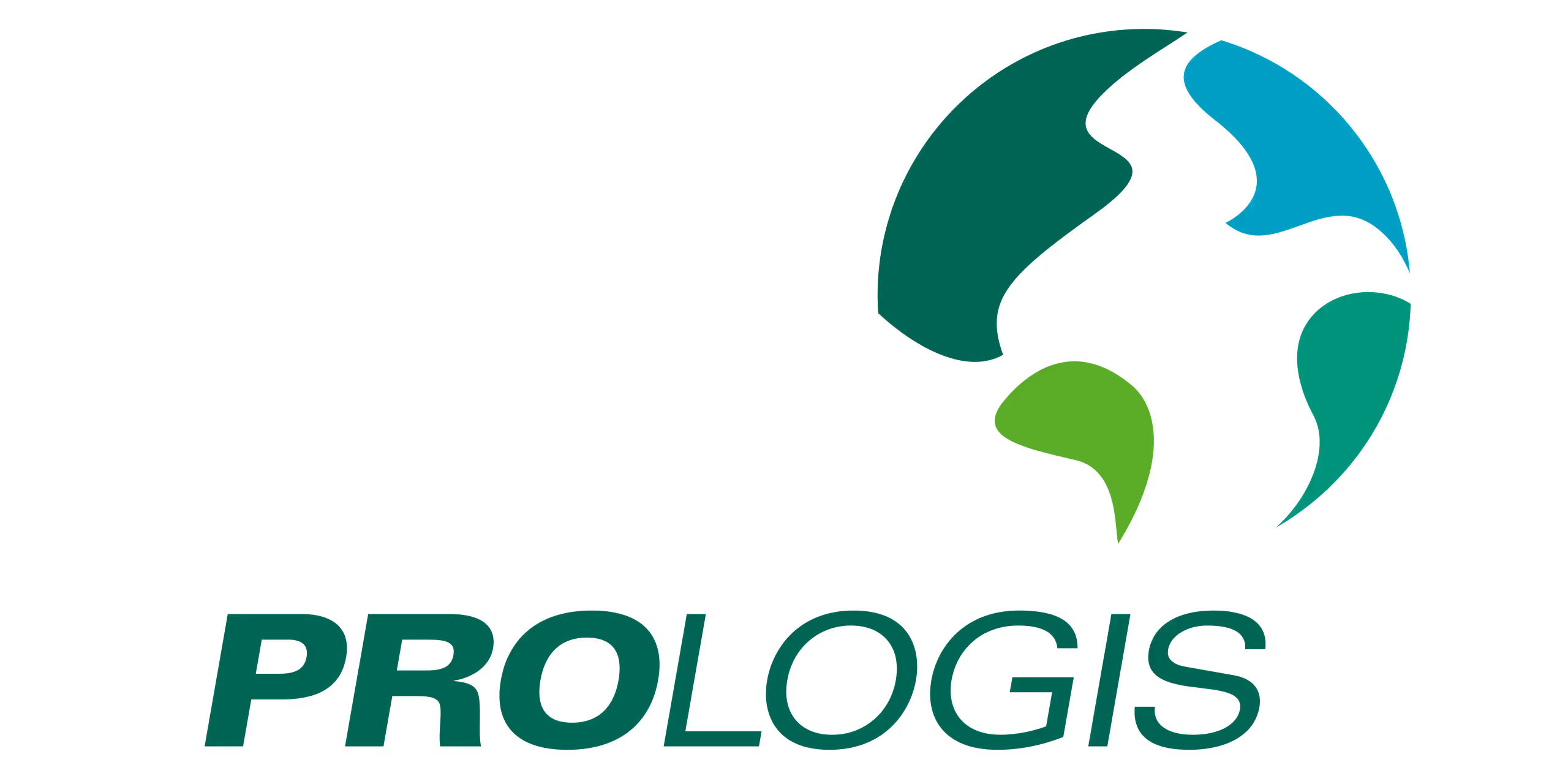How Much Does Your Car Contribute Towards Your Carbon Footprint?
.avif)
With growing concerns around exhaust fume pollution and carbon emissions, personal cars are becoming a big topic of controversy in the battle between sustainability and comfort.
Private car owners in the US and UK find both social and economic value in car ownership. The privacy and independence provided by a private vehicle are unmatched, especially in areas where public transportation may not be the most convenient option. However, with new and innovative transport services like Zeelo, more optimal solutions can be put in place that better serve the environment while still offering comfort and convenience.
Concerns About Carbon Emissions
The environmental cost of car ownership and daily driving is a significant concern globally. Businesses and governments are continually tasked with overcoming this issue. Regulatory measures aimed at sectors such as transport and energy have been implemented to reduce their negative impact on the environment. However, this remains a challenging task, particularly in industries heavily dependent on transportation, such as logistics.
Congestion, overpopulation, and parking are critical issues, especially in the US and UK. Urban centers are growing rapidly, and it's estimated that each employee who drives a private vehicle to work emits approximately 680 kilograms of carbon annually just by searching for a parking spot. To offset this, businesses would need to plant at least 20 trees per year per employee. This estimate doesn't even account for long trips or excessive driving. As a result, businesses are under significant pressure to propose viable solutions that enhance both efficiency and sustainability.
Car Ownership in the US and UK
In the US, cities like Los Angeles and New York have some of the highest numbers of cars per household, contributing to severe congestion and high carbon emissions. Similarly, in the UK, London faces significant traffic issues, with many commuters relying on private cars despite the extensive public transport network.
Between 1997 and 2006, new car sales in both countries surged, and the consumer market for automobiles boomed. Major cities like Los Angeles and London are listed among the top economically important cities globally, each grappling with significant carbon emission problems. Both the US and UK face mounting international pressure to significantly reduce carbon emissions. Additionally, rising fuel costs and urban pollution add to the financial and environmental burdens on residents and business owners alike.
Carbon Emissions from Cars
Private cars are one of the largest contributors to greenhouse gas emissions in the transportation sector. According to the Environmental Protection Agency (EPA), the average passenger vehicle emits about 404 grams of CO2 per mile. This estimate can vary based on the vehicle's fuel efficiency and driving conditions. For instance, a less efficient vehicle can emit significantly more, while a hybrid or electric vehicle might emit less.
In urban areas, where traffic congestion is common, the emissions can be even higher due to idling and stop-and-go traffic. This is a significant issue in both the US and UK, where cities like Los Angeles and London experience severe traffic congestion daily.
Carbon Emissions from Buses and Shuttles
In contrast, buses and shuttles, especially those designed for high occupancy, offer a much greener alternative. According to data from the National Transit Database (NTD) and the UK Department for Transport, the average emissions per passenger mile for buses are significantly lower than those for private cars.
US Data: The American Public Transportation Association (APTA) reports that buses emit about 82 grams of CO2 per passenger mile. This figure assumes an average occupancy rate, which can vary but is typically higher during peak commuting times.
UK Data: Similarly, the UK Department for Transport states that buses emit about 103 grams of CO2 per passenger mile. This figure reflects the higher occupancy rates of public buses compared to private cars.
Comparative Analysis
To illustrate the impact, consider a scenario where 40 individuals travel the same distance:
Private Cars: If each person drives their car, the total emissions would be approximately 16,160 grams of CO2 (404 grams/mile x 40).
Bus: If all 40 individuals travel by bus, the total emissions would be approximately 3,280 grams of CO2 (82 grams/mile x 40).
This comparison highlights a key advantage of bus and shuttle services: their ability to significantly reduce per capita emissions. When buses are utilized at or near full capacity, they not only lower the carbon footprint per passenger but also help alleviate traffic congestion, further reducing overall emissions.
How Can Zeelo Help Reduce Your Emissions?
One effective way to reduce the environmental impact caused by car users is to consider alternatives such as shared transportation. Modes of travel that accommodate large numbers of passengers, such as bus travel, are among the most efficient for reducing emissions. It's estimated that annual bus travel can reduce carbon emissions by billions of liters of gasoline per year. Zeelo makes this a reality for commuters who wish to enjoy the luxury and privacy of commuting while traveling sustainably.
According to the Centre for Globalization, Governance and Competitiveness, bus transit is a much greener choice compared to other forms of transportation. Buses generally have high capacities, unlike private cars, which often carry only one or two passengers. Mass transit is an underrated method and a logical step before fully electric vehicles become the norm in the US and UK. Zeelo minimizes environmental impact without compromising the travel experience.
Zeelo uses high occupancy, luxury vehicles to service employers, employing data to optimize bus usage and ensure near full capacity operation. Timetables are designed to be convenient and flexible, facilitating large group pick-ups efficiently. Routes are meticulously planned using data to ensure they are the shortest, simplest, and most efficient to accommodate groups heading to fixed locations. This approach to shared transportation, which is also private, premium, and comfortable, meets modern transport needs while considering environmental sustainability.
Employees using Zeelo services to travel to and from work benefit from a seamless booking platform, 24/7 customer support, live vehicle tracking on the day of travel, a relaxing commute onboard a luxury vehicle, and complimentary WiFi during their journey. Most importantly, they contribute to reducing their carbon footprint by choosing a shared transportation service.
Despite the growing reliance on private vehicles, shared transport options like Zeelo offer a compelling alternative. Commuters can enjoy fast and efficient travel combined with an environmentally friendly approach by opting for a shared bus service to meet their travel needs.
We help companies and schools achieve their transportation program goals
Corporate shuttles


Warehouse/Distribution


Schools & Universities


Become a partner


Want to know how we can help you?











.avif)
.avif)